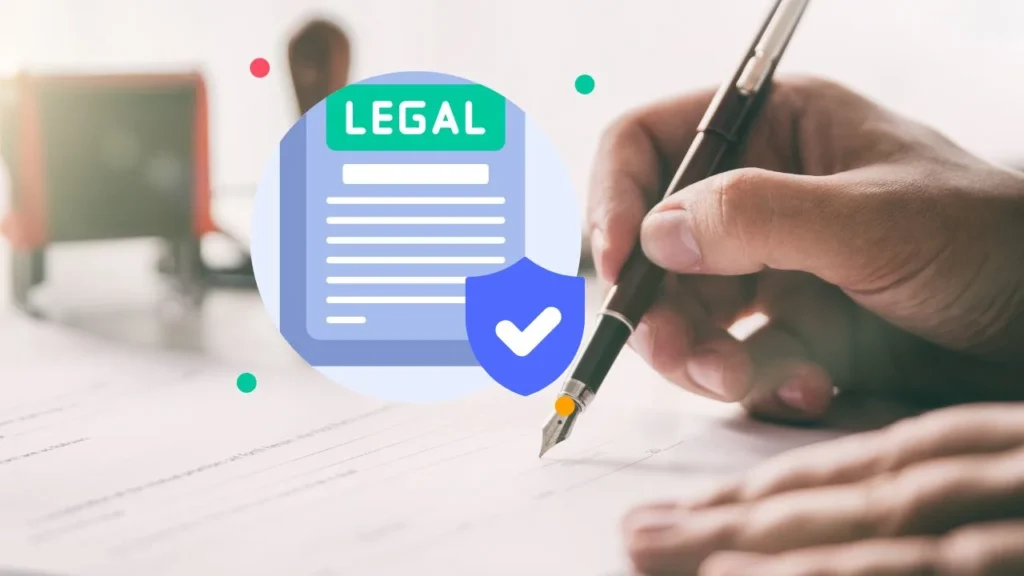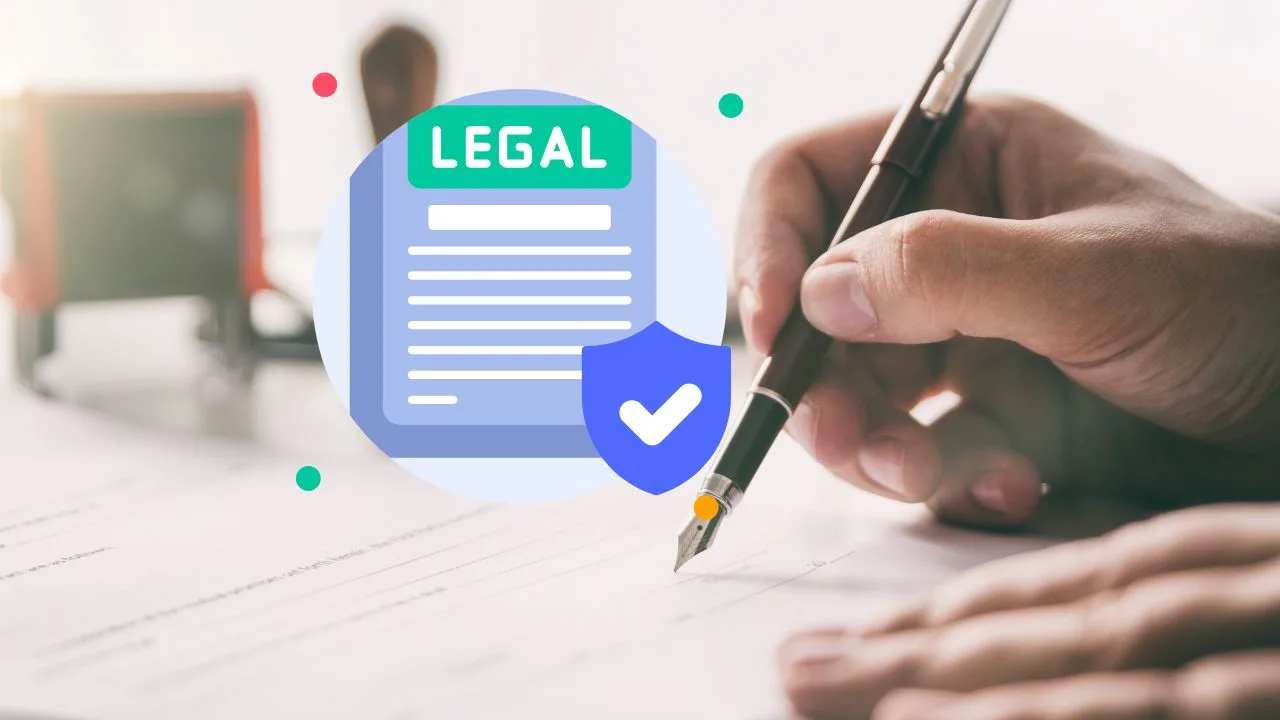How to Read a Legal Document Before Signing.When someone hands you a legal document and asks for your signature, it is natural to feel a little nervous. The Legal papers are often packed with complex words, long sentences, and hidden details that most people skip over.
Many of us are tempted to sign quickly just to get it out of the way. But here is the truth: signing a legal document without properly reading it can have serious consequences. What might look like a small piece of paper could tie you into commitments, responsibilities, or even financial risks that are difficult to undo later.
How to Read a Legal Document Before Signing-Overview
| Article on | How to Read a Legal Document Before Signing: 5 Key Tips |
| Take Your Time | Don’t rush; carefully review every detail before signing. |
| Check the Fine Print | Look for hidden fees, penalties, and special conditions. |
| Understand Terms & Conditions | Be clear on your responsibilities, rights, and benefits. |
| Watch Dates & Deadlines | Note payment schedules, renewal clauses, and termination dates. |
| Ask for Help | If confused, seek clarification or legal advice. |
Why Reading a Legal Document Matters
Think of a legal document as a map. It shows you where you are, where you are going, and the rules you will have to follow along the way. If you ignore the map, you could get lost. In the same way, signing a document without reading it is like heading into unknown territory without directions. For example, imagine renting an apartment.
The rental agreement may include details about what happens if you break the lease early, who pays for repairs, and even whether you are allowed to have pets. If you sign without reading carefully, you might discover later that you owe a huge fee for breaking the contract or that your landlord has more control over your living space than you thought.

Tip 1: Take Your Time And Don’t Rush
It is considered as one of the most common mistakes if you took the delusion in hurry. Whether it is a friendly landlord, an eager employer, or a salesperson pushing a deal, you might feel pressure to “just sign here.” But rushing is the easiest way to miss something important.
A legal document is not like a quick email, it is more like a puzzle. If you are tired, distracted, or short on time, you are less likely to catch the fine print. So give yourself enough space to sit quietly and go through it line by line.
Tip 2: Look Out for the Fine Print
The “fine print” is not just a cliche as it is real, and it often contains the most crucial details. These small-font sections can include hidden fees, penalties, or terms that work against you. For example, a gym contract might advertise a low monthly fee, but the fine print could lock you in for two years with no easy way to cancel.
Reading fine print is not fun, but it is where the surprises usually hide. Watch carefully for words like “fees,” “penalties,” “automatic renewal,” “termination,” or “obligations.” These are signals that you’re committing to something specific, often with financial consequences.
Tip 3: Understand the Key Terms and Conditions
Every legal document has certain “core” elements that shape the entire agreement. Even if you don’t understand every single phrase, you should at least be clear about the main terms. Start with the basics: What exactly are you agreeing to? What are you supposed to give, and what will you receive in return? How long does the agreement last? How can either party end the agreement?
For instance, in an employment contract, you will want to know your job role, salary, benefits, working hours, and termination policies. In a business agreement, you will want to understand the responsibilities of each partner and how disputes will be handled.
Tip 4: Pay Attention to Dates, Deadlines, and Renewal Clauses
Timing is everything in legal documents. Dates and deadlines often determine when responsibilities begin, when payments are due, and how long obligations last. Missing these details can lead to unintended consequences. For example, a loan agreement might require payments by a specific date each month, with heavy late fees if you are even a day late.
A service contract might automatically renew unless you cancel by a certain deadline. These timing rules are easy to overlook but can trap you into commitments you didn’t plan for.
Tip 5: Don’t Be Afraid to Ask for Help
Legal documents are written in formal, technical language that is not always clear to non lawyers. You might start by asking the person who gave you the document to explain the confusing parts. If their answer feels vague or you still feel unsure, consider talking to a lawyer or legal advisor. Yes, professional advice can cost money, but in many cases, it is far cheaper than the problems that come from signing a bad contract.
What to Do Before You Sign
Before putting pen to paper, take a final step back. You should ask yourself if you have understood the main points of it? Am I comfortable with the commitments I’m making? Have I cleared up any doubts or confusing clauses? If your answer to any of these questions is no, then wait before signing the paper.
Final Thoughts
Reading a legal document before signing may feel complicated at the first, but with the right approach, it becomes manageable. By taking your time, reading the fine print, understanding the terms, paying attention to deadlines, and asking for help when needed, you give yourself the best chance of avoiding unpleasant surprises.
| Home Page | https://sbbarristers.com/ |
FAQs for How to Read a Legal Document Before Signing
Ques.1. What should I look for first in a legal document?
Start with the key terms: what you’re agreeing to, payment or obligations, dates, and how the agreement can end.
Ques.2. Can I refuse to sign if I don’t understand something?
Yes, and you should. Ask for clarification or seek advice before signing.
